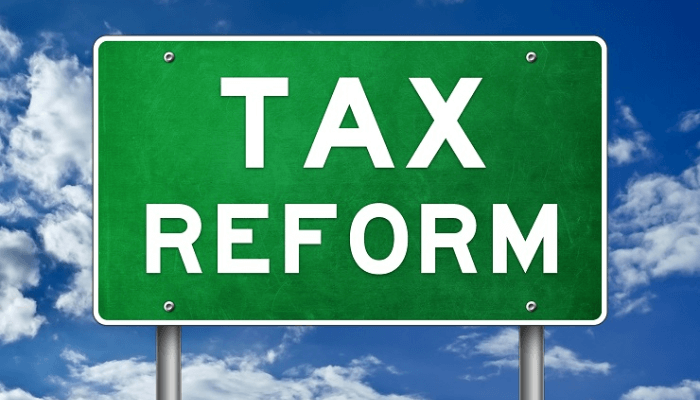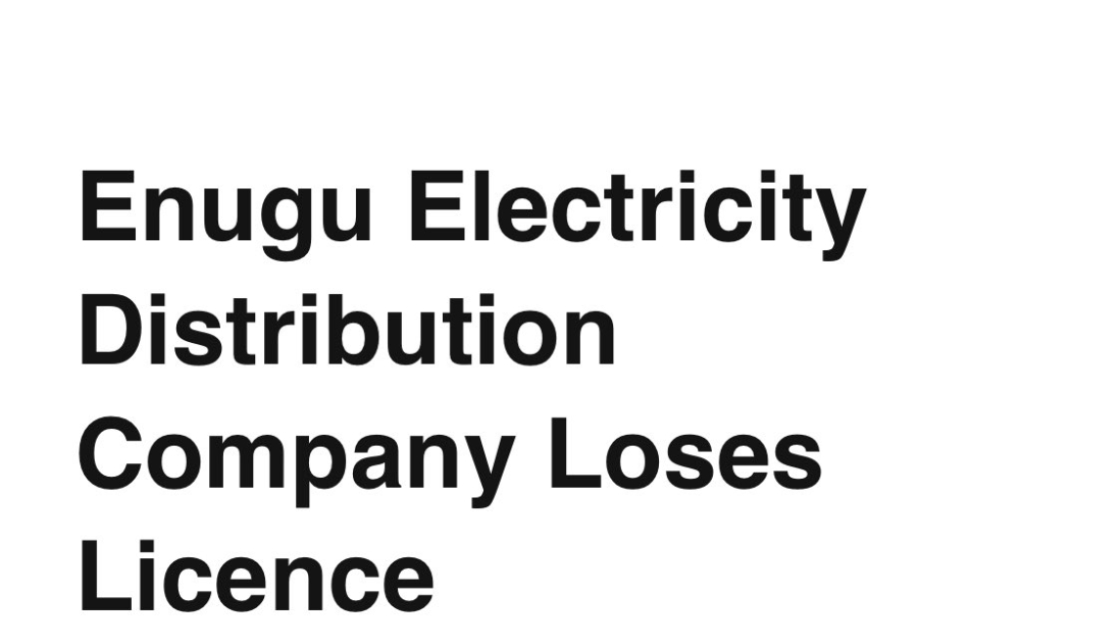
The Senate on Thursday passed the tax reform bills for a second reading following a debate among lawmakers.
The bill was subsequently referred to the Committee on Finance, which was instructed to revert in no more than six weeks.
The four tax bills sent to the National Assembly include the Nigeria Tax Bill 2024, which is expected to provide the fiscal framework for taxation in the country, and the Tax Administration Bill, which will offer a legal framework for all taxes and reduce disputes.
Others are the Nigeria Revenue Service Establishment Bill, which will repeal the Federal Inland Revenue Service Act and establish the Nigeria Revenue Service, and the Joint Revenue Board Establishment Bill, which will create a tax tribunal and a tax ombudsman.
However, these bills have been greeted with criticisms, especially by the northern governors and Senators.
On Friday, governor Babagana Zulum of Borno state lamented that the bills will cripple the economy of the northern Nigeria.
Also, a northern Senator, Ali Ndume queried why the federal government in a rush to pass the bills.
These are what you need to know about the Tax Reform Bills
Here’s a closer look at the four proposed bills and how they intend to reshape Nigeria’s tax system.
•The Nigeria Tax Bill 2024
•The Nigeria Tax Administration Bill
•The Nigeria Revenue Service (Establishment) Bill
•The Joint Revenue Board Establishment Bill
Each of these bills is designed to make Nigeria’s tax system easier to understand and more effective. Let’s break them down.
The Nigeria Tax Bill 2024: Simplifying Tax Laws
One of the biggest issues in Nigeria’s tax system is the confusing overlap of multiple tax laws. Small businesses, for instance, often pay taxes to federal, state, and local governments, leading to unnecessary complexity. The Nigeria Tax Bill 2024 aims to solve this by merging all tax laws into one comprehensive framework.
For individuals, the bill proposes a more progressive Personal Income Tax (PIT) system, with reduced rates for low-income earners:
•First N800,000 – 0%
•Next N2.2 million – 15%
•Above N50 million – 25%
Under this structure, those earning under N800,000 annually will pay no PIT—a significant improvement from the current system. Businesses, particularly small ones, will also benefit, with the threshold for Companies Income Tax (CIT) exemption raised from N25 million to N50 million in turnover.
The Nigeria Tax Administration Bill: Streamlining Processes
Filing taxes can be a headache, with businesses navigating disjointed systems across various government agencies. This bill seeks to create a centralised and user-friendly process for tax registration, filing, and dispute resolution.
The Joint Revenue Board Establishment Bill: Strengthening Collaboration
This bill proposes replacing the ineffective Joint Tax Board (JTB) with a stronger Joint Revenue Board to improve coordination between federal and state governments. It also introduces a Tax Ombudsman to ensure fairness and protect Nigerians from unjust taxation.
The Nigeria Revenue Service (Establishment) Bill: Rebranding and Reorganising
This bill renames the Federal Inland Revenue Service (FIRS) to the Nigeria Revenue Service (NRS) and ensures better revenue sharing between federal, state, and local governments. The proposed formula allocates 10% to the federal government, 55% to states, and 35% to local governments, giving states more resources to address local needs.
Derivation Principles in VAT Revenue Distribution
The bills propose a significant shift in VAT revenue distribution, allocating revenues based on the states where goods and services are consumed rather than pooling them centrally for redistribution. The Federal Inland Revenue Service (FIRS) Chairman, Zacch Adedeji, explained that this approach aligns VAT with its nature as a consumption tax.








